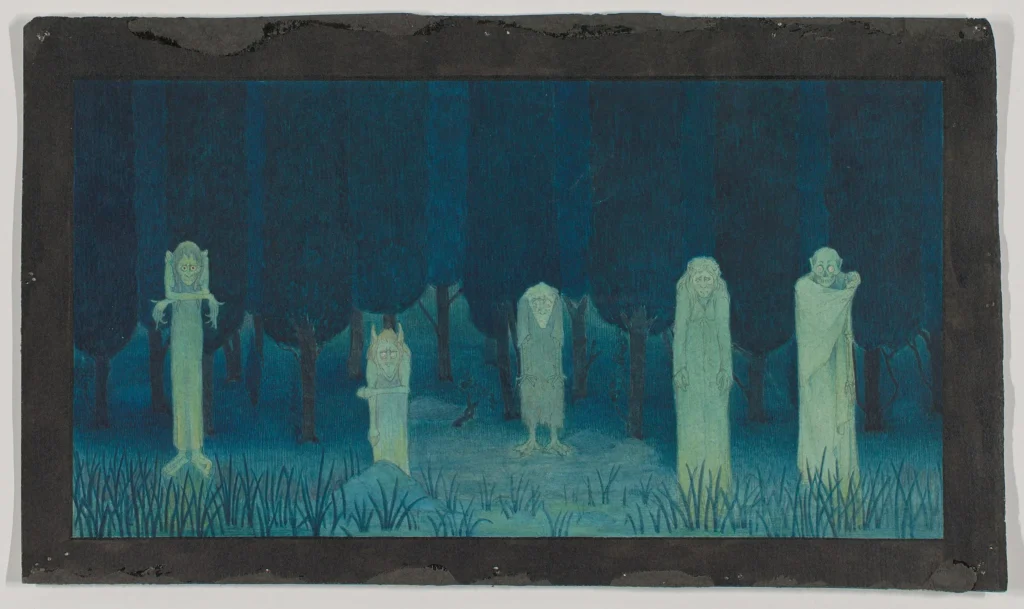CFP: A Time of Monsters

From Contingent Magazine, an American web project. NB. that they pay!
Read more
From Contingent Magazine, an American web project. NB. that they pay!
Read more
academia.edu has introduced new terms of service allowing them to use your Member Content and your personal information, including your name, voice, signature (!), photograph, and likeness, for any purpose forever. That is clearly a proposal to let them generate fake podcasts or videos of you talking about your work, powered by bullshit generators. To delete your account next time you log in, click “privacy policy” not “accept terms of service,” then put your mouse over your username in the upper right, then click “account settings” and look for the option to delete.
Read more
(The following is outside my usual topics but its an area of my expertise that I have not found anyone else talking about).
Wise investors use diversification to reduce risk. Any one investment might fail for many different reasons, but many different investments are unlikely to fail together. Additionally, what causes one investment to do poorly often causes others to do well. Rising energy prices hurt manufacturing (which buys energy) but not energy companies (which sell it). Rising wages hurt employers with many low-wage employers, but benefit businesses who sell to consumers. Classically, bonds and stocks tend to move in opposite directions under a given type of pressure, so almost all long-term investors will benefit from holding some of both. For most of history opportunities for diversification were limited, and a prudent investor might buy several plots of land, invest in a ship’s cargo, and make some loans to neighbours. In the 20th century, mutual funds allowed small investors to own dozens of different assets for low but significant costs. Today anyone with a bank account in Canada can buy an index fund that holds thousands of different assets around the world for around 0.25% of their investments per year. However, most of these funds lack one important type of diversification.
Read moreA very foolish and ignorant man has made a decision. Unlike some people with a PhD, I won’t claim I can predict the future. If you want that, I recommend you find a haruspex and slaughter an ox. What he sees when the steaming liver gleams like a mirror may be true or plausible lies, but at least you will get a summer barbecue for your trouble. But I can describe the structure of the situation as I see it, just like I did in The Iron Horse in Ukraine.
Read more
Christopher Marlowe has not yet departed that that little, little span the dead are borne in mind. We remember that he wrote Dr. Faustus and Tamburlane the Great and died in a drunken quarrel over a bar bill (and perhaps because he was part of the long tradition of English writers working as spies to pay the bills). Unlike Shakespeare he had a good formal education, not just grammar-school Latin but a Master of Arts from Cambridge, and unlike Shakespeare he could not keep his subversion in the mouth of fools and madmen. His life of Tamurlane was what J.J. Abrams would have done at an early modern theatre, with overblown rhetoric, battles, love affairs, and special effects. There was even a disappointing sequel driven by crass commercialism. Its full of ancient Greek flavour because Marlowe knew much more about ancient Greeks than modern Persians (emissaries of the English East India Company would reach Shah Abbas by 1614 after Marlowe’s timely death, and Robert Shirley arrived in Iran in 1598 a decade after the play was written). Several times Marlowe’s characters accuse Tamburlane of being a shepherd which sounds like a way to get a tower of skulls with your name on it.
Read more
Victor Davis Hanson can be a scholar when he wants to be, although since 2004 that has just been a hobby while he focused on punditry. Many people who have read his books and articles on antiquity are confused at the positions he takes, where Spartans can be admirable defenders of Freedom in the pass at Thermopylae, but despicable slave-holders at Leuctra (and there were helots at Thermopylae, and Hanson was not one of the radicals who teach that the Sparta we think we know emerged after the death of Leonidas). I know a bit about ancient Persian religion so this was always easy for me to understand. This week I have written up the way I explain it when it comes up in conversation ever since a much younger self was reading one of his trade books at the Greater Victoria Public Library Central Branch.
Read more
Read morethere is a kind of revision of history, widely practiced today, that arises not from the opportunities but from the needs- or the passions- of our time. Basically, all research means putting questions, and historical research means putting questions to the past, preferably without torture, and trying to find answers there. The questions we put are necessarily those suggested to us by our own times and preoccupations, and these differ from generation to generation and from group to group. It is inevitable and legitimate that this should be so. What is neither legitimate nor inevitable is that not only the questions we put to the past but also the answers we find there should be determined by our present concerns and needs. This can lead, particularly under authoritarian regimes, but also in free societies under pressures of various kinds, to the falsification of the past, in order to serve some present purposes.
Bernard Lewis, “In Defense of History,” Proceedings of the American Philosophical Society, vol. 143, no. 4 (December 1999) pp. 585-586 (573-587)

This post was scheduled late partly because I was late in writing up all the books and partially because I wanted to finish some which I left half-finished in 2024! The usual caveats about writing one of these when I read like a scholar and not like a fan of romance novels apply. John Ting calls the way academics read reading like a mongrel (picking out useful morsels and then moving on, not working all the way through). My reading was disrupted when my Tolino eReader failed in late summer. And one novel which I wanted to read did not arrive until the new year!
Read moreMost grand narratives are neither wrong nor right. They violently simplify reality, or say things which are so vague that nobody can agree what would make them true or false (not quite the same as cold reading but related). They leave out alternative points of view, such as whether the Korean War was driven by international Communism or just one phase in an internal Korean conflict between nationalists and communists. But you can still check some of the facts that are used to support the big statements. Is anything in this book by economist Brad Delong flat out wrong?
Read more